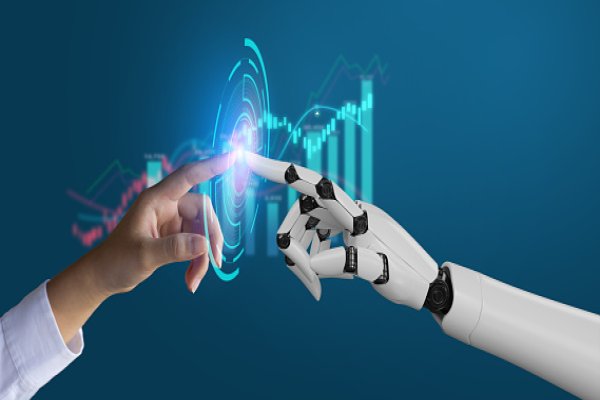In recent years, technology has been advancing by leaps and bounds, with artificial intelligence (AI) emerging as one of the most promising transformative forces. AI profoundly impacts many industries, including medicine, finance, retail, manufacturing, and beyond.
From virtual assistants to medical diagnostics to stock market trading algorithms to smart home systems, AI plays an essential role in nearly every aspect of our lives. In this blog post, we’ll explore how AI has revolutionized these industries for the better and will continue to do so in the future.
You may not be aware of it, but AI affects every sector and many facets of your existence. Artificial Intelligence-enabled applications can now generate legal paperwork, compile reports, and even instruct people on a particular subject from an uncomplicated text request.
Artificial Intelligence supports spotting fraud, diagnosing diseases, and ensuring you only see the shows and movies that appeal to you when signing in to your preferred streaming service.
We investigated the influence of AI on medicine, finance, and other industries. We evaluated how this technology is changing the world and ways to invest in and with AI. Invest in and with AI.
What Is Computer Learning And How Does It Work?
AI is essentially about teaching computers to do activities usually done by humans. AI programs have been designed to identify issues, make judgments, and understand speech sounds.
- What are some ways in which artificial intelligence has been beneficial to our lives? Examples include:
- Voice recognition software: If you’re ever disoriented, Siri on your phone can help you find the right way with its map function. When it’s time to start the party, Alexa can put on a playlist of her choosing.
- Chatbots: ChatGPT has been making a lot of noise recently. However, we must not underestimate the importance of chatbots in customer service. Companies like Lemonade rely entirely on AI for every element of their operations, meaning you will always interact with a robot.
- Streaming services: Platforms like Netflix rely on AI to filter recommendations to users based on their preferences.
The Role of AI In Healthcare & Medicine
AI is quickly becoming a key part of contemporary healthcare due to its use by medical practitioners in clinical settings and ongoing research. This technology has benefited the medical industry regarding data management, appointment scheduling, and other elements that improve the patient experience. IBM notes this as well.
The following are some of the major ways AI is currently influencing medicine:
- Precision medicine: AI can improve health outcomes by analyzing much data on an individual’s medical history and developing the most suitable treatment approach.
- Diagnosing conditions and issues: Machine learning is helping to identify serious health issues in time by more accurately diagnosing conditions and other medical problems.
- Assisting with surgeries: AI can be employed to assist in preoperative preparation and make sure that surgeons adhere to all the stages of the operation.
- Administrative tasks: AI systems can facilitate administrative assignments such as personnel scheduling, insurance payments, data storage, and management, thereby reducing the burden on the medical staff.
The labor force in this field has often been overloaded, making it essential to utilize machine learning technology to improve the patient experience. Additionally, AI can be used to develop chatbots that are available 24/7, even when the doctor’s office is closed.
As artificial intelligence technology develops and evolves, so will its applications. AI is used in several industries, including medicine, finance, and retail. In the future, we can expect AI to play an even bigger role across all industries as it becomes more refined and further integrated into our lives.
Source: forbes.com



